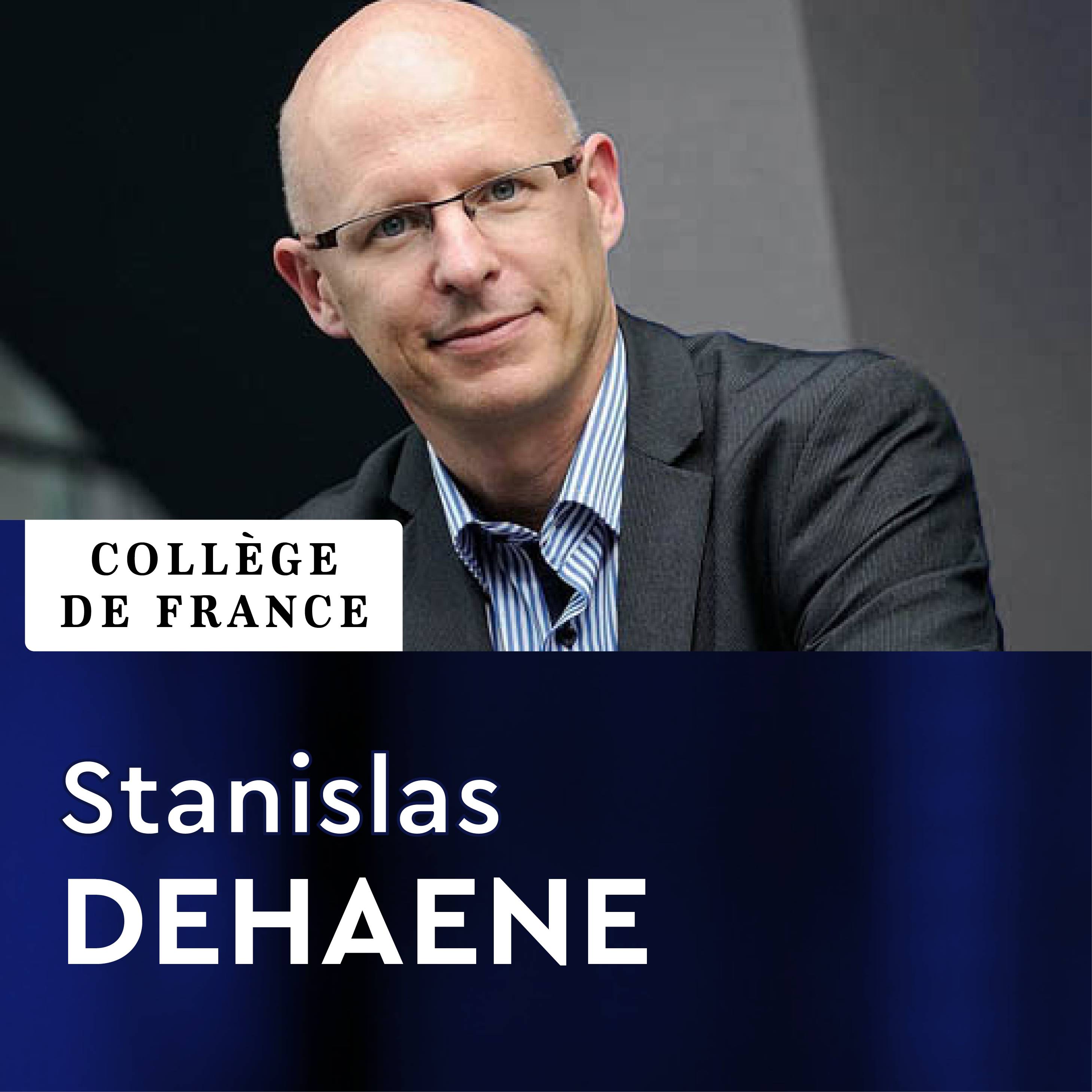Sorry, no results.
Please try another keyword

Épisode
28 février 2025 - 55min
Stanislas DehaeneCollège de FrancePsychologie cognitive expérimentaleAnnée 2024-2025Séminaire - Sommeil, replay et apprentissage - Tim Behrens : Structuring Knowledge in the Brain During RestIntervenant(s) :Tim BehrensComputational Neuroscience Group at WINRésuméWhen a waiter asks you for money at the end of a meal, how does your brain understand that it is the food...
Stanislas DehaeneCollège de FrancePsychologie cognitive expérimentaleAnnée 2024-2025Séminaire - Sommeil, replay et apprentissage - Tim Behrens : Structuring Knowledge in the Brain During RestIntervenant(s) :Tim BehrensComputational Neuroscience Group at WINRésuméWhen a waiter asks you for money at the end of a meal, how does your brain understand that it is the food you are paying for? Similar relationships are everywhere in the world and understanding them lets our brains choose good behaviours. Our brains contain a model of the relationships between objects and events in the world. What does this model look like? How is it built? When we come across a new problem, how can we fit it into to our current model? I will talk about current research in this area with a focus on exciting recent findings about what is going on during rest and sleep. When you are sleeping, or even sitting down for a cup of tea, your brain is not resting. It is busy updating and reorganising your model of the world. Finding shortcuts through your knowledge, making new inferences from your experiences. I will show some of the most interesting data in this emerging field of understanding.
Afficher plus
Stanislas Dehaene
Collège de France
Psychologie cognitive expérimentale
Année 2024-2025
Séminaire - Sommeil, replay et apprentissage - Tim Behrens : Structuring Knowledge in the Brain During Rest
Intervenant(s) :
Tim Behrens
Computational Neuroscience Group at WIN
Résumé
When a waiter asks you for money at the end of a meal, how does your brain understand that it is the food you are paying for? Similar relationships are everywhere in the world and understanding them lets our brains choose good behaviours. Our brains contain a model of the relationships between objects and events in the world. What does this model look like? How is it built? When we come across a new problem, how can we fit it into to our current model? I will talk about current research in this area with a focus on exciting recent findings about what is going on during rest and sleep. When you are sleeping, or even sitting down for a cup of tea, your brain is not resting. It is busy updating and reorganising your model of the world. Finding shortcuts through your knowledge, making new inferences from your experiences. I will show some of the most interesting data in this emerging field of understanding.
Pas de transcription pour le moment.
Collège de France
Collège de France
Vous devez être connecté pour soumettre un avis.
Collège de France